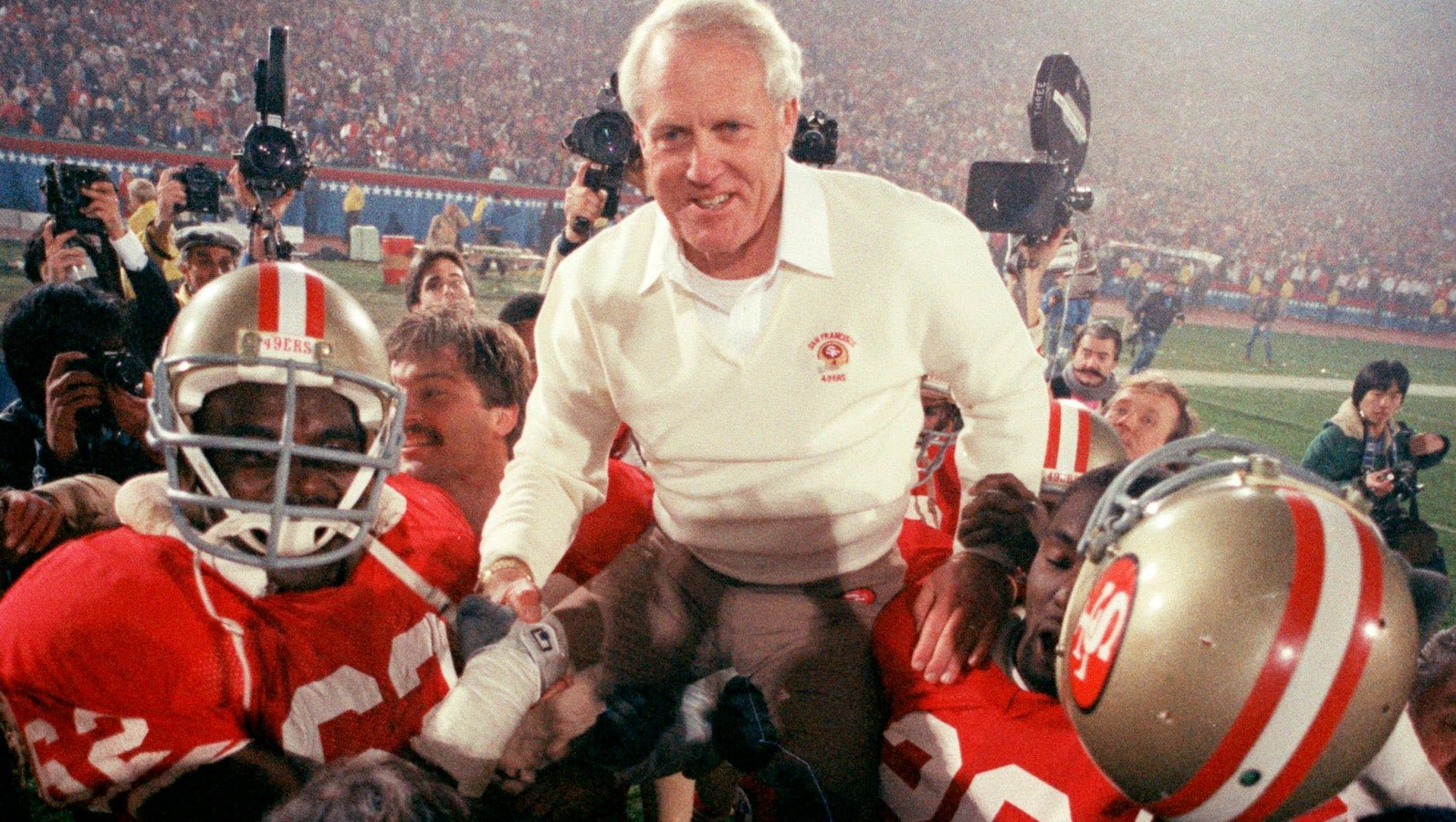The best bosses let their top talent leave
With an intense battle for talent going on throughout the business world, most leaders will likely find this difficult to accept: The best bosses don’t sweat it when their best performers want to move on. They expect it, may encourage it, and in some cases, profit by it.


With an intense battle for talent going on throughout the business world, most leaders will likely find this difficult to accept: The best bosses don’t sweat it when their best performers want to move on. They expect it, may encourage it, and in some cases, profit by it.
Sydney Finkelstein, a business professor at Dartmouth’s Tuck school, told Quartz that was his most surprising finding as he researched the traits of exceptional managers for his new book, “Superbosses.”
The best leaders seek out the most talented performers, invest themselves heavily in their development, and don’t fight to retain them, knowing their success in grooming stars will attract others. Bill Walsh, the legendary coach of the San Francisco 49ers, would call other NFL teams to tell them when his assistants were ready to lead their own teams, adding an incredible coaching tree to his legacy. Lorne Michaels, the producer of Saturday Night Live, famously backs the movies of his best performers (and even those of his lesser lights) and now has a stake in the success of late night TV hosts Jimmy Fallon and Seth Meyers. In a more traditional business, Tom Frist, co-founder of hospital chain HCA, also invested in startups founded by his former proteges.
Technology has improved every facet of business save one: the attraction and development of talent, Finkelstein said. Superbosses are distinguished by their ability to find and nurture the best people. They do it in five ways:
- They hire people based on talent, not ability, and create jobs to suit people with promise. Ralph Lauren once offered a job to a woman whose style he admired in a restaurant, and kept her around to serve as a personal muse.
- They are great motivators, who inspire people to join and sacrifice for the team.
- They unleash creativity in their employees, and encourage them to break rules. George Lucas pushed his sound engineers to experiment widely to invent the beep-boops of R2D2, and eventually they realized the droid’s voice sounded best when human speech was mixed with a synthesizer.
- They both delegate, and micromanage. That’s not as contradictory as it sounds, Finkelstein says. The best bosses will assign their protegé’s projects, then dive in and help them through key problems.
- They create a cohort effect by bringing the best people together, and having them collaborate, and compete. And they build alumni networks, connecting former employees after they’ve left the nest.
The best managers embody all these qualities, but good ones will have at least one or two, Finkelstein said.
Great bosses aren’t always traditional mentors. They can be demanding, and some inspire more fear than love. Oracle’s Larry Ellison and magazine editor Bonnie Fuller fall into the category of “glorious bastards,” Finkelstein said. And superbosses don’t have much patience for employees that don’t live up to their expectations, and are quick to cut loose underperformers.
But if you can find one to work for, “it advances your career in a dramatic way,” Finkelstein said. “It’s a huge opportunity.”